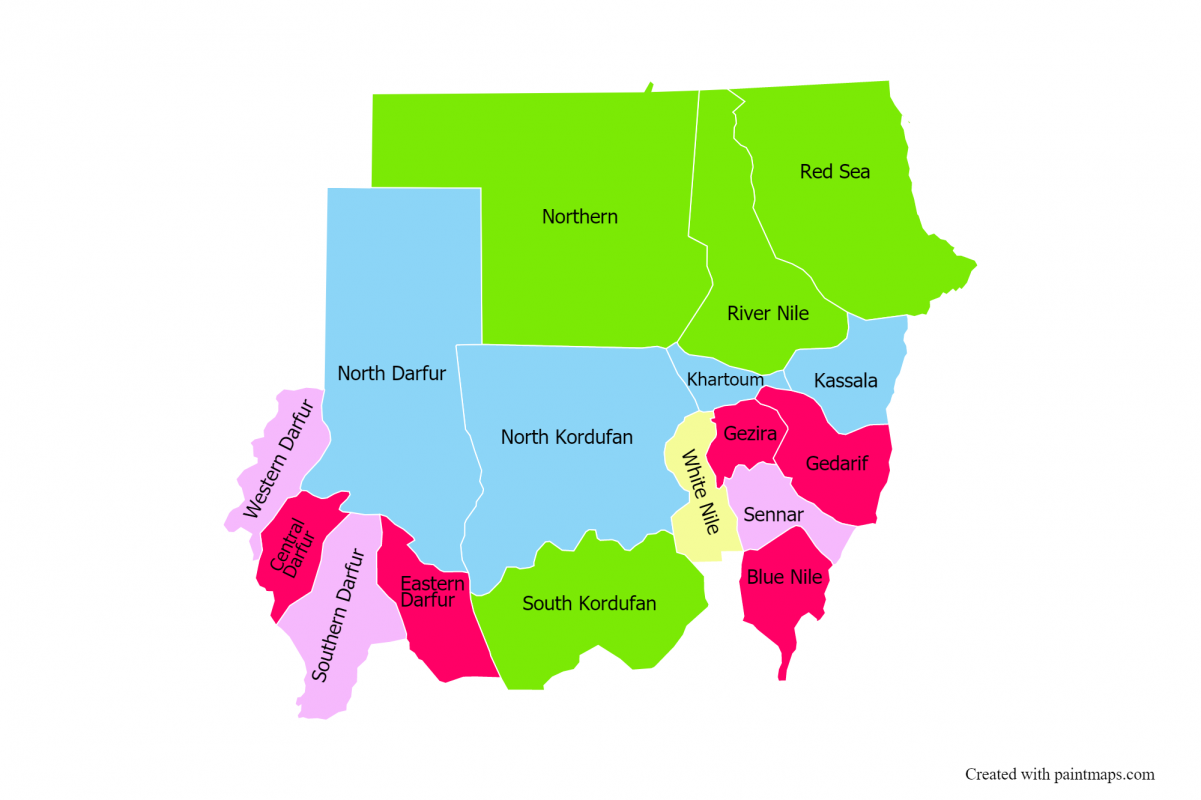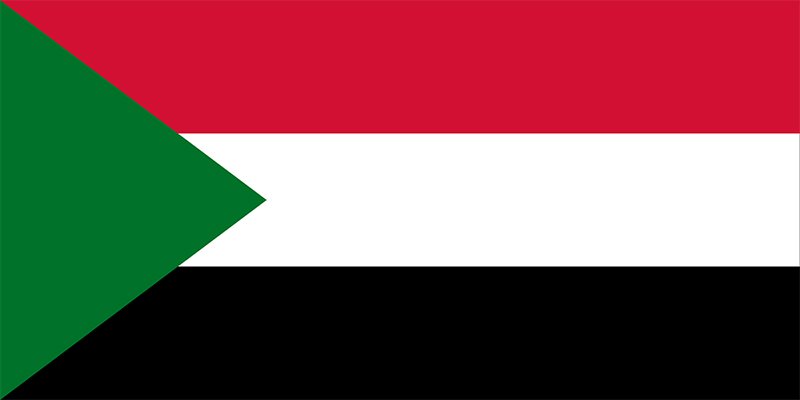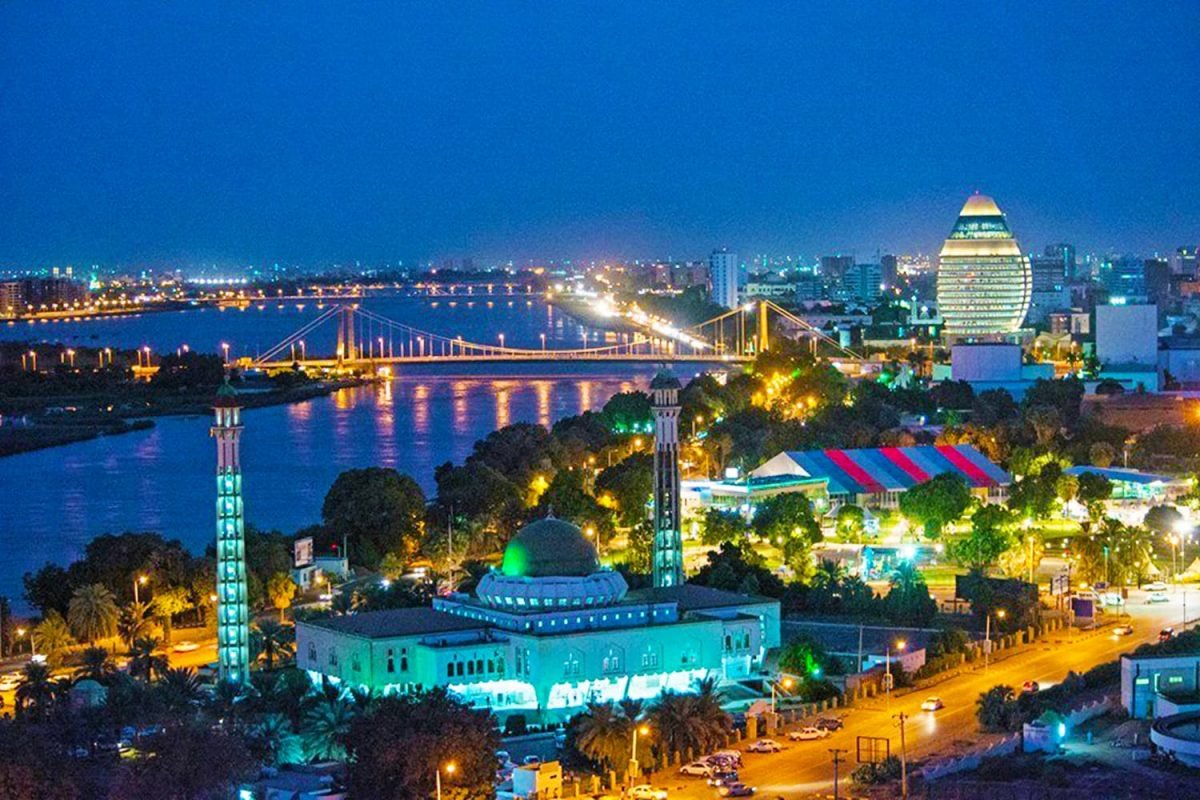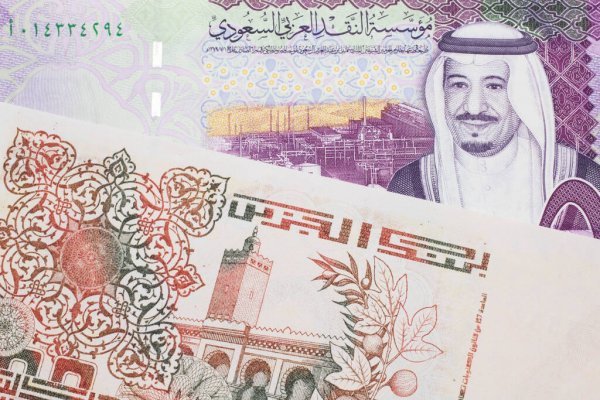CURRENCY
BUSINESS OPPORTUNITIES IN SUDAN
SUDAN




FLAG

SUDAN
CAPITAL CITY

KHARTOUM

SUDANESE POUND
Language

Population

4.49 CRORES
Country
Calling Code

+249
LOCATION:

North Africa
BORDER COUNTRIES:
EGYPT
RED SEA
ERITREA
ETHIOPIA,
SOUTH SUDAN
CENTRAL AFRICAN REPUBLIC
CHAD
LIBYA
ABOUT SUDAN
Amongst all the countries in the African continent, Sudan, officially the Republic of the Sudan, is located in North-East Africa and is the third largest country by area. It is also one of the more populous nations in the region. The capital of Sudan is Khartoum, which is the largest and most populated city, serving as a vital economic and administrative hub. According to the report of the World Bank, Sudan is classified as a Low-Income Nation, currently facing significant economic and humanitarian challenges due to ongoing conflict. The currency of Sudan is the Sudanese Pound (SDG), and the value of 1 Indian Rupee is approximately 7.90 Sudanese Pounds as of today’s exchange rates (June 2025). The population of Sudan was estimated to be around 49.3 million in 2024. Its neighbouring countries are Egypt to the north, Eritrea and Ethiopia to the east, South Sudan to the south, the Central African Republic to the southwest, Chad to the west, and Libya to the northwest. The official languages of the country are Arabic and English. The majority of the Sudanese population practices Islam. Currently, Sudan has several international airports, with Khartoum International Airport being the main gateway, though flight operations have been severely impacted by the ongoing conflict. As Sudan borders the Red Sea, it has key commercial seaports like Port Sudan, which are crucial for fulfilling the country’s trade requirements, facilitating the import and export of goods and resources.
The corporate income tax rate in Sudan generally ranges from 15% to 35%, depending on the sector, with specific rates for oil companies. However, the taxation landscape is highly impacted by the ongoing conflict and economic instability. Opesh Group of companies will be helping you in completing the Due Diligence process which includes financial planning, registration process, business options, and if required, even helping you find a rental property for your office, while also assessing the current operational viability.
Establishing a business in Sudan, particularly in the current environment, has to be done with utmost caution, keeping in mind the fluid political and security situation. The Companies Act governs company registration. While foreign investors can generally form various company types, such as a Limited Liability Company (LLC) or a Branch Office, and 100% foreign ownership is permissible in some sectors, the practicalities are heavily influenced by the ongoing conflict and associated risks. Opesh Group will provide critical, up-to-date guidance on the feasibility and procedures.
In case an investor is planning to establish an LLC in Sudan or a corporation business setup, Opesh Group will be helping you in taking the right decision for setting up your business in Sudan and we will also guide you about how to follow the procedure while formulating your company in Sudan, keeping in mind the prevailing conditions.
Types of Business which can be started in Sudan (considering future potential and current needs):
- Agriculture & Agro-processing: Sudan possesses vast arable land along the Nile, offering immense potential in staple crops (sorghum, millet, wheat), gum arabic (world’s largest producer), cotton, and oilseeds. Post-conflict, investment in modern farming and food processing will be critical.
- Mining: Sudan is rich in mineral resources, particularly gold (a major producer), chromium, manganese, and iron ore. Opportunities exist in exploration, extraction, and processing, especially as security stabilizes.
- Livestock: A significant sector with large herds of cattle, sheep, and camels. Opportunities include animal health, meat processing, dairy production, and export of live animals or processed products to regional markets.
- Infrastructure & Reconstruction: Years of conflict and underdevelopment have created an enormous need for rebuilding and developing basic infrastructure. Opportunities are vast in constructing roads, bridges, public buildings, and essential utilities like water and sanitation.
- Oil & Gas: While production has decreased post-South Sudan’s independence, Sudan still has oil reserves and refining capacity. Opportunities could exist in maintaining existing infrastructure and future exploration.
- Renewable Energy: With abundant sun and wind resources, there’s significant potential for solar and wind power projects to address electricity shortages, especially in remote areas.
- Basic Consumer Goods Manufacturing: Given high reliance on imports and local needs post-conflict, there’s potential for local manufacturing of essential goods like processed foods, beverages, and basic household items.
Advantages of Starting Business in Sudan (primarily long-term potential):
- Vast Untapped Resources: Possesses significant agricultural land, mineral wealth (especially gold), and livestock, offering substantial long-term economic potential.
- Strategic Geopolitical Location: Positioned at the crossroads of Africa and the Arab world, with a Red Sea coastline, offering future trade and logistics opportunities.
- Large Reconstruction Needs: The country will require massive investment in rebuilding post-conflict, creating numerous opportunities for businesses in infrastructure and services.
- Young Population: A large youth demographic, offering a potential workforce and a growing consumer market once stability returns.
- Gateway to Eastern Africa: Port Sudan is a crucial port for landlocked neighbours, presenting a future logistics hub.
Business Opportunities for Indians in Sudan:
There are potential business opportunities in Sudan for new investors, particularly in the long-term reconstruction phase. While the current conflict presents significant risks, for those planning strategic long-term investments, opportunities may arise. Indian investors, with their proven expertise in infrastructure, pharmaceuticals, agriculture, and manufacturing, can find significant potential. Historically, India has been a major trade partner, particularly in oil and agricultural products.
Imports & Exports:
Many goods are imported and exported from Sudan. However, the current conflict has severely disrupted trade flows. You need to do proper R&D before investing in any product, assessing market viability under prevailing conditions.
Major items which are exported from Sudan to India:
- Gold
- Petroleum Oils (crude, though reduced)
- Gum Arabic
- Oilseeds
- Cotton
Major items which are imported in Sudan from India:
- Pharmaceutical Products
- Rice and other food products
- Machinery and equipment
- Vehicles (passenger cars, commercial vehicles)
- Textiles
- Chemicals
Manufacturing:
Opportunities in manufacturing are primarily in light industries focused on essential goods and agro-processing. This includes processing local agricultural produce, basic food items, and possibly construction materials for rebuilding efforts, addressing immediate local needs.
Mining:
The mining sector holds significant promise in Sudan. The country is known for its gold resources, as well as deposits of chromium, manganese, and iron ore. While security is a major factor, long-term investors may find opportunities in exploration and extraction as stability improves.
Major Indian companies which are currently working in Sudan:
Due to the ongoing conflict, many international and Indian companies have either reduced operations or temporarily exited. However, historically, Indian companies have had a presence or significant interest in:
- ONGC Videsh Limited (OVL): A key player in Sudan’s oil sector, though operations have been severely impacted by recent events.
- Pharmaceuticals: Indian pharma companies have been major suppliers of medicines.
- IT/Telecommunications: Some Indian IT firms or telecom equipment suppliers may have had a presence.
- Agro-processing: Some Indian companies have shown interest in agricultural ventures.
- GDP = $30.8 billion (2023 est., highly impacted by conflict)
- GDP Growth = -18.3% (2023 est., severe contraction due to conflict)
- Ease of doing business rank = 170 (2020 – Note: This ranking is pre-conflict; the current ease of doing business would be significantly lower due to prevailing conditions.)
- GDP per Capita = $656 (2023 est.)
Thanks for reading this Article. Watch our Video and know more about Sudan. For any Business Enquiry Join Millionaire Program and change everything in life and Business.. Call/ WhatsApp +91- 8094607111.
MOST RECENT VIDEOS
SIGN UP TODAY
Get our exclusive content and offers in your inbox











